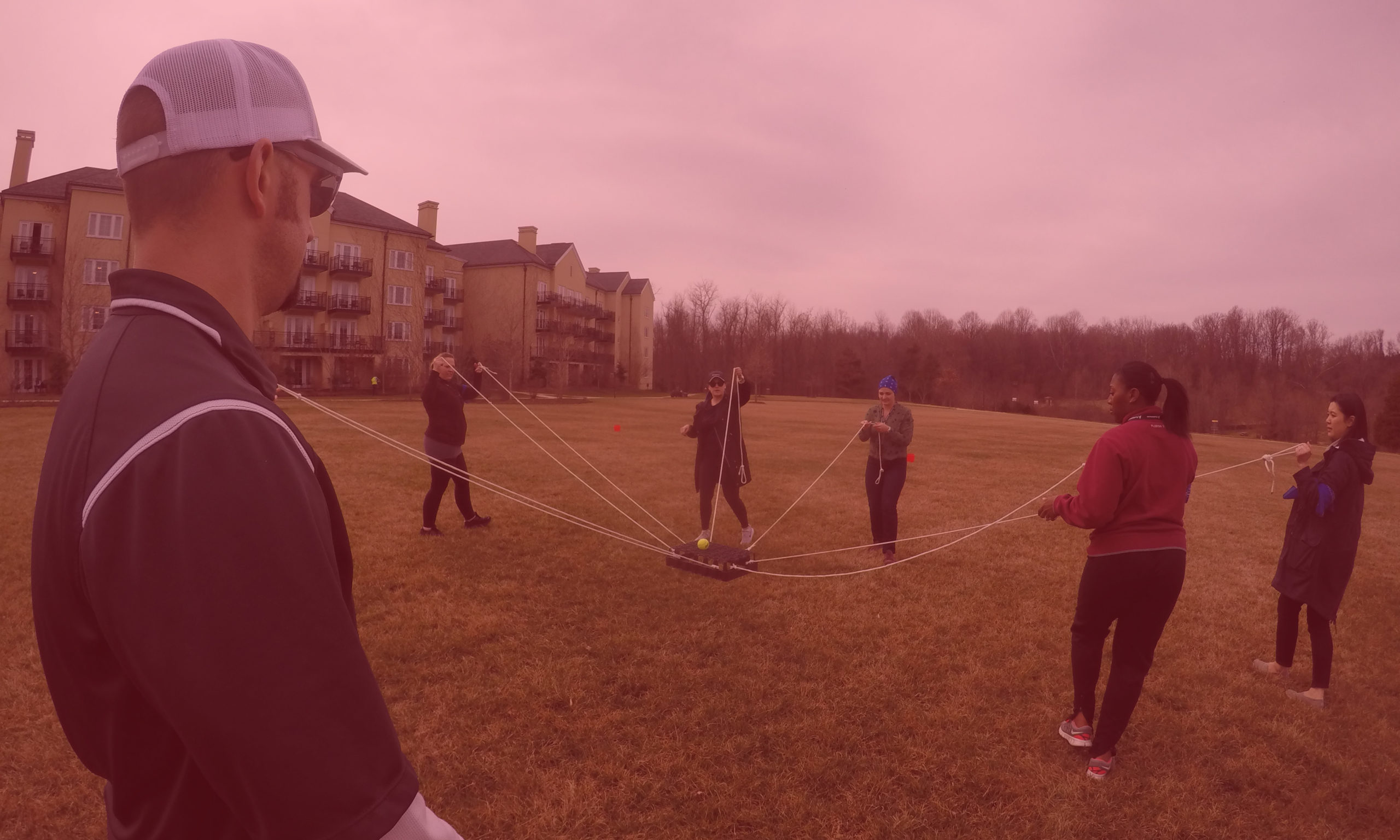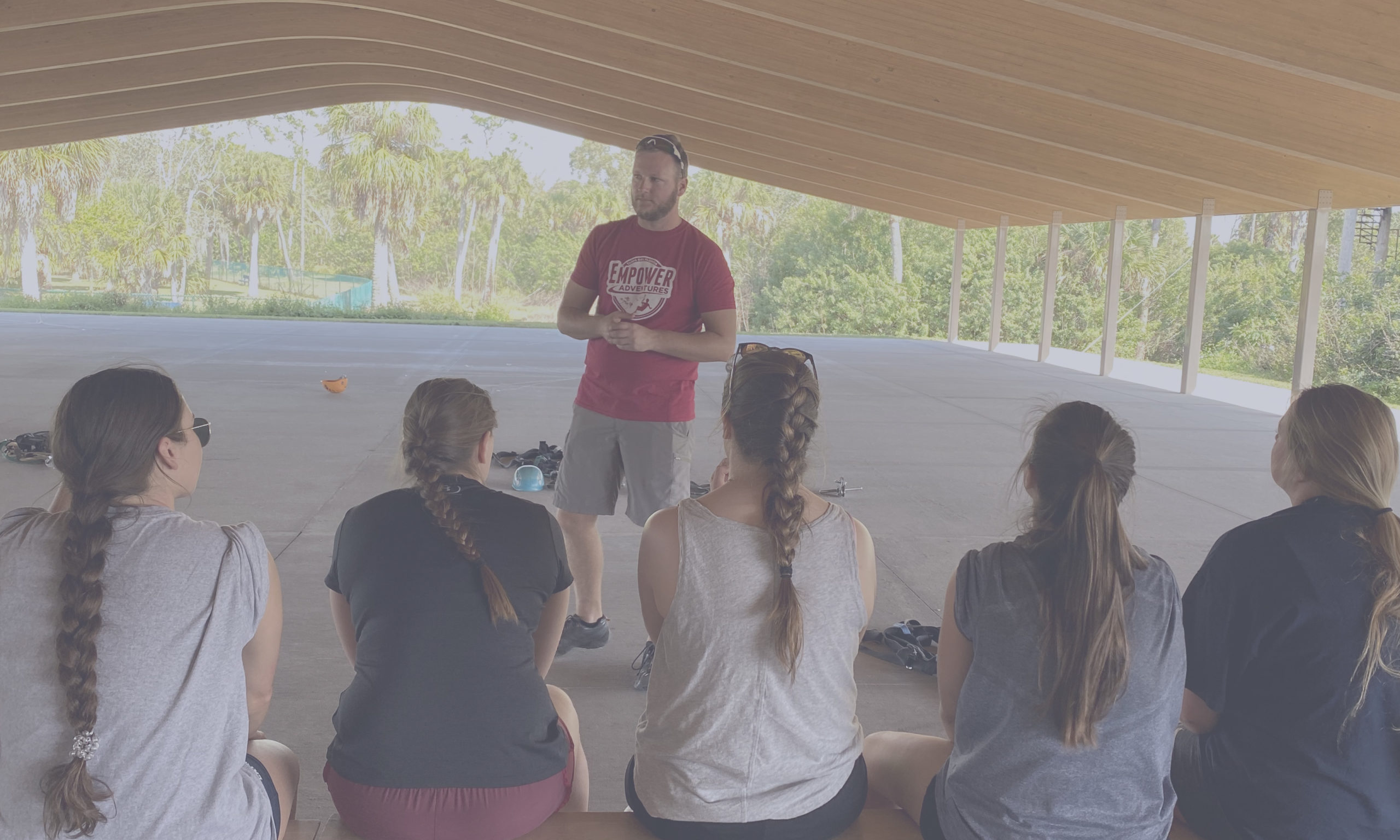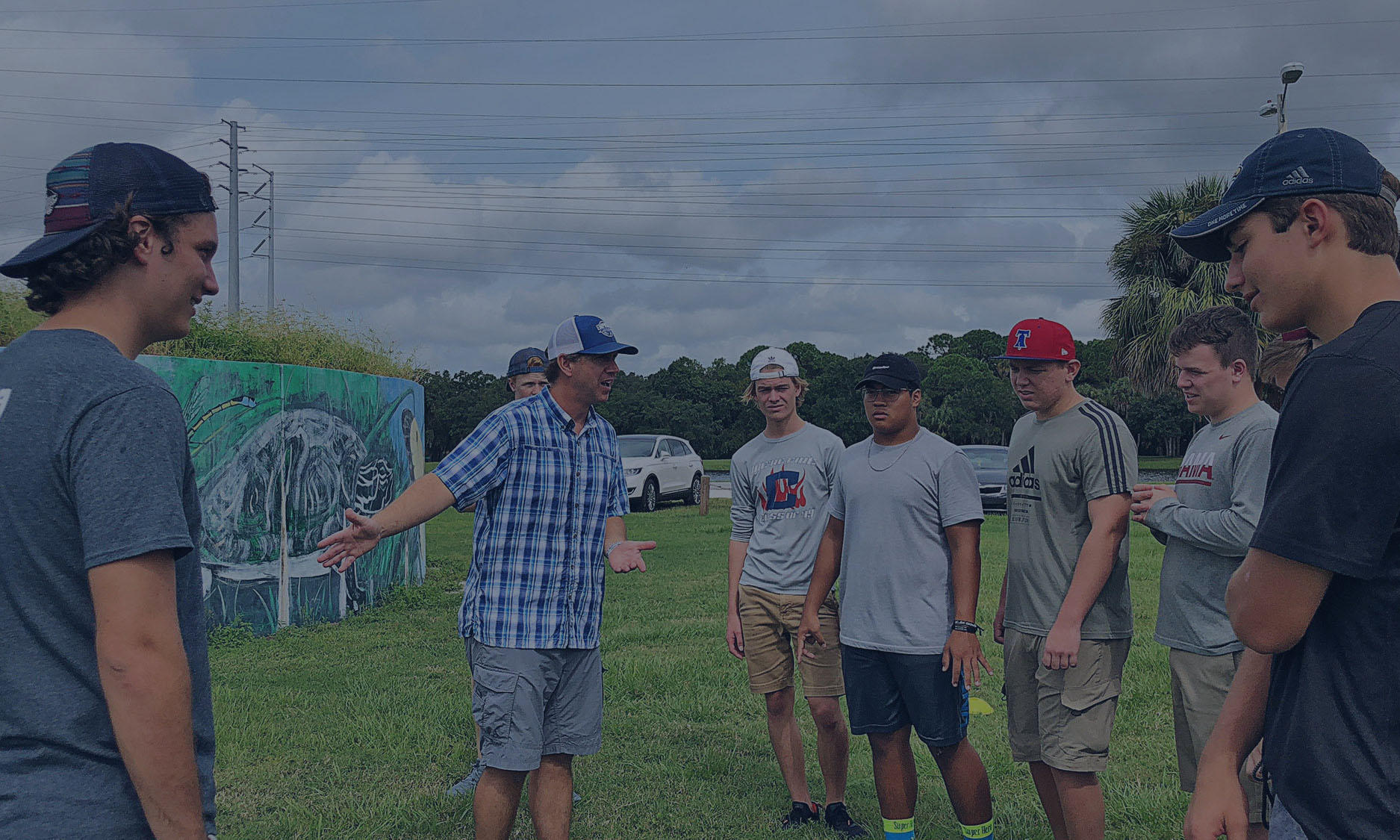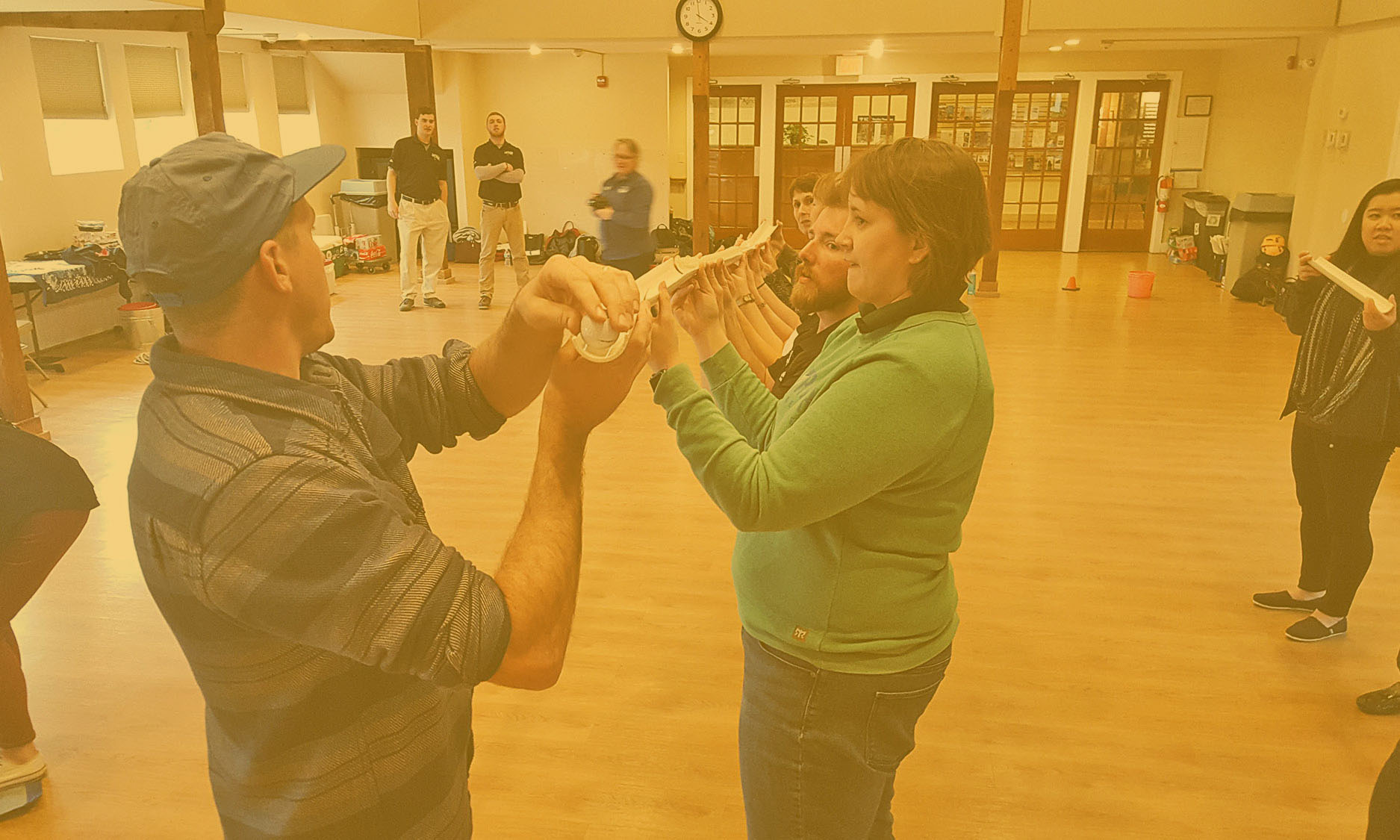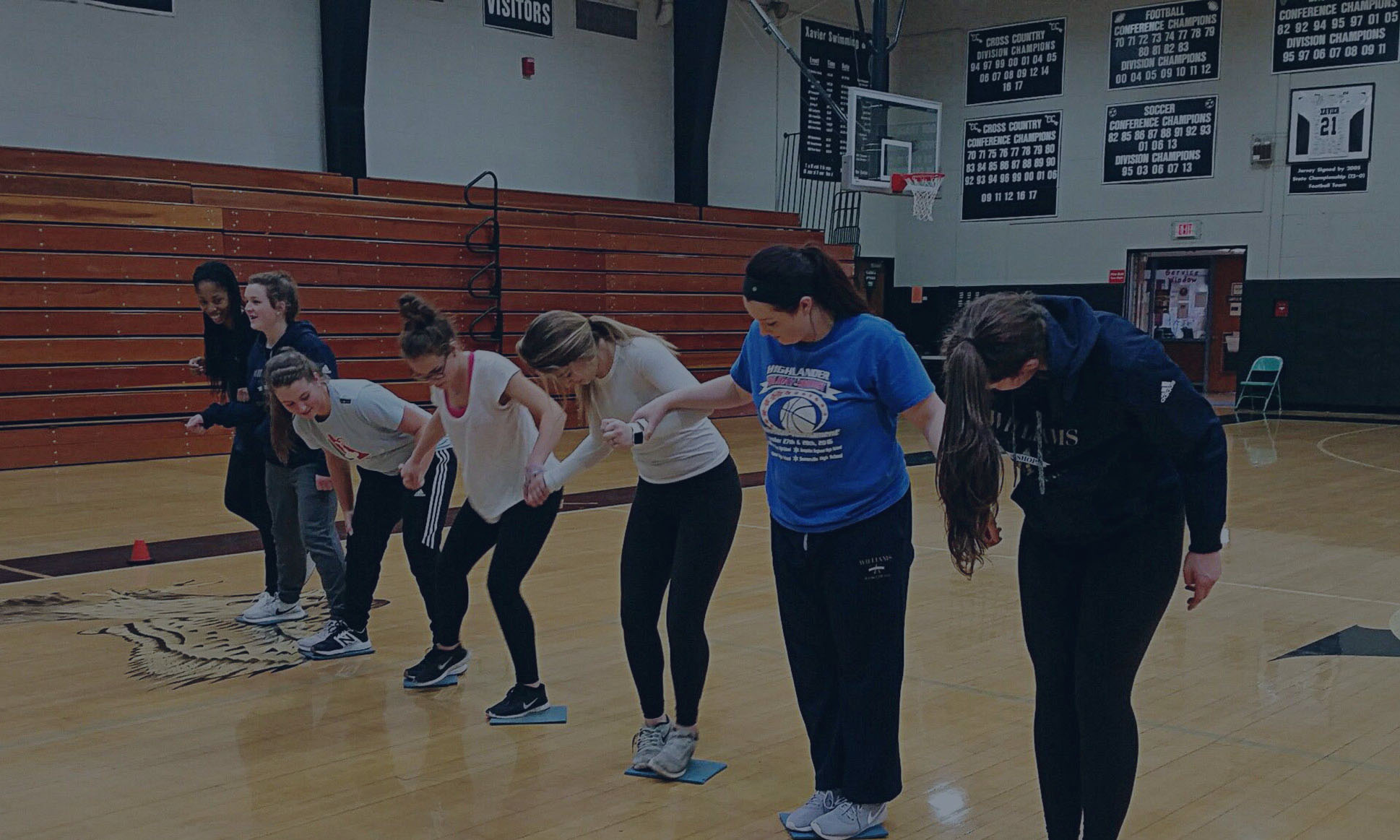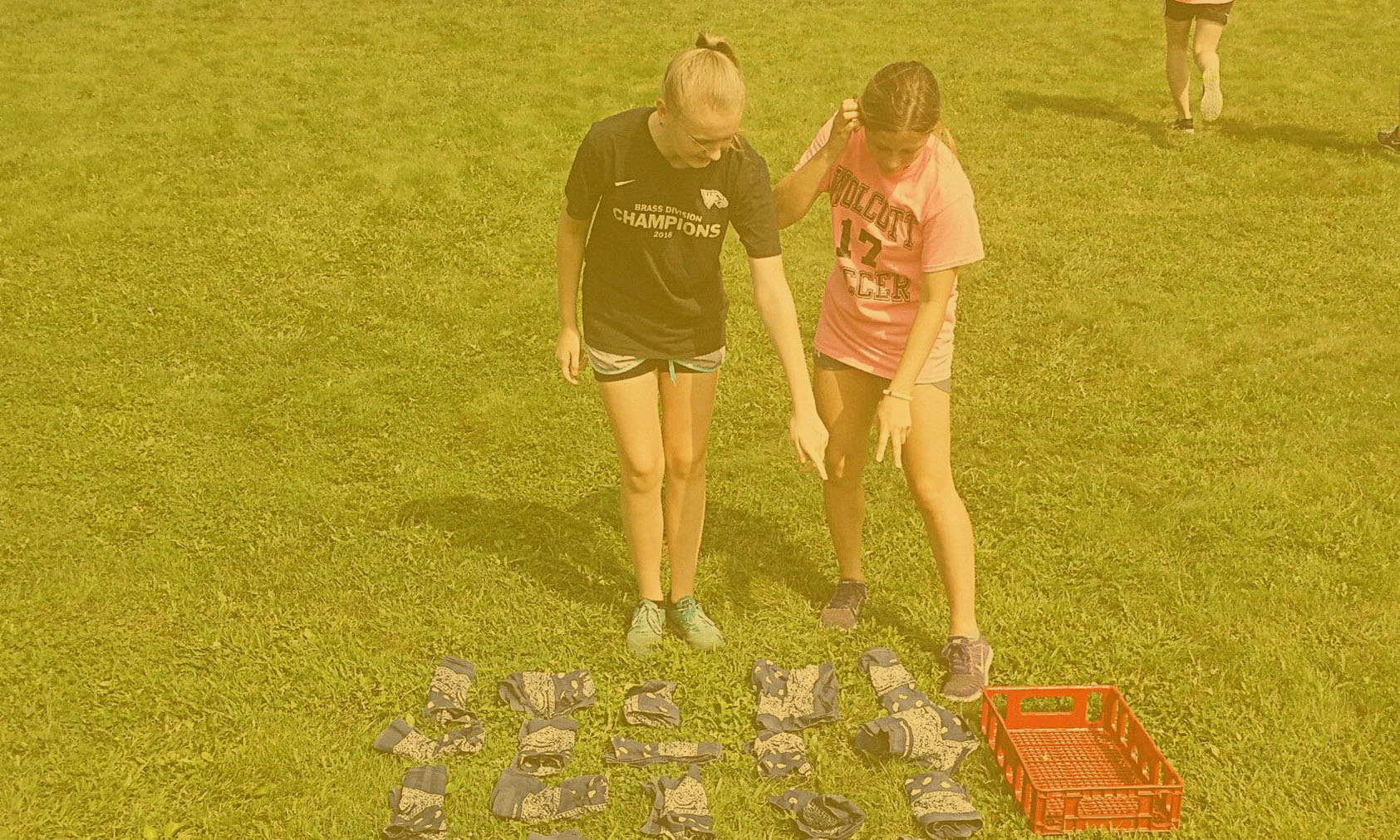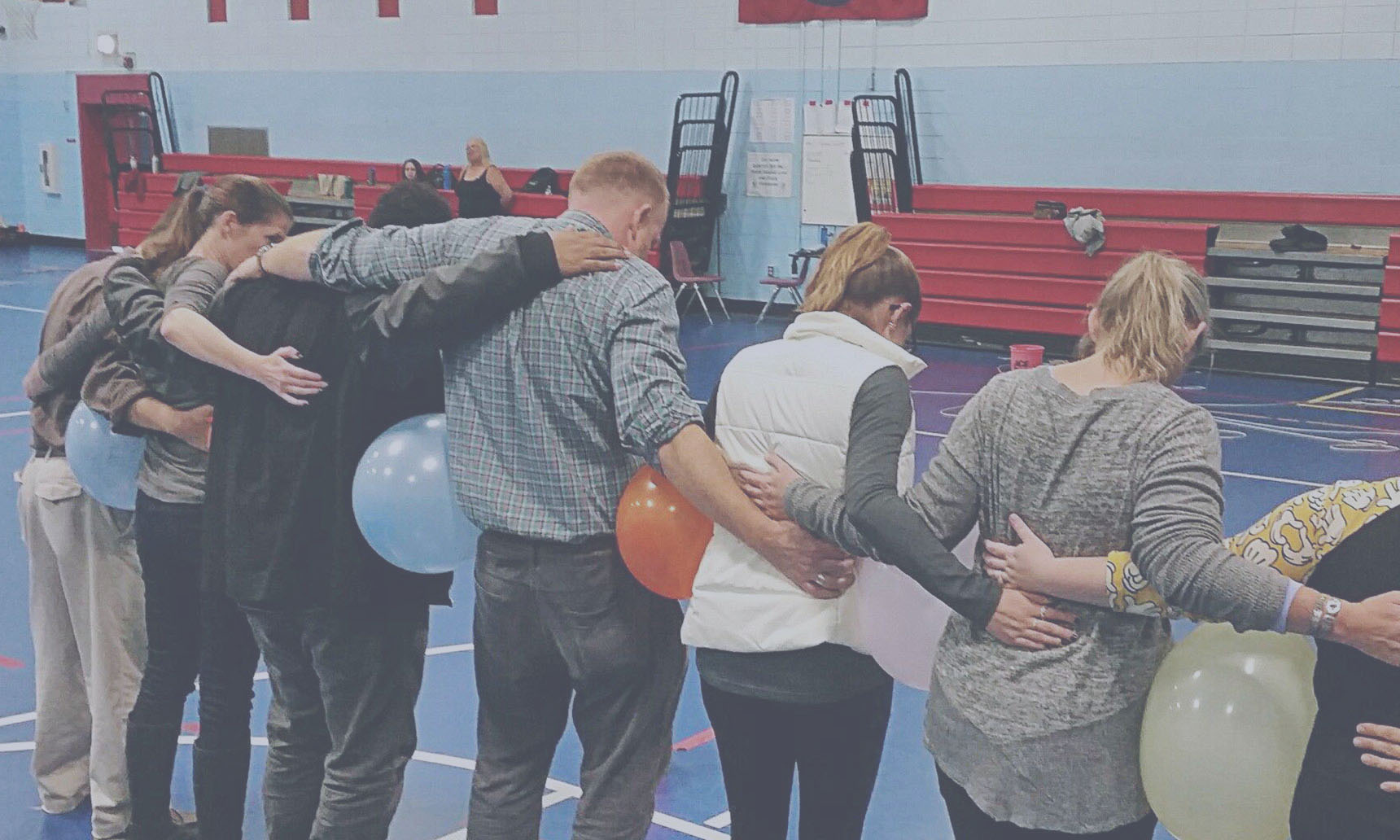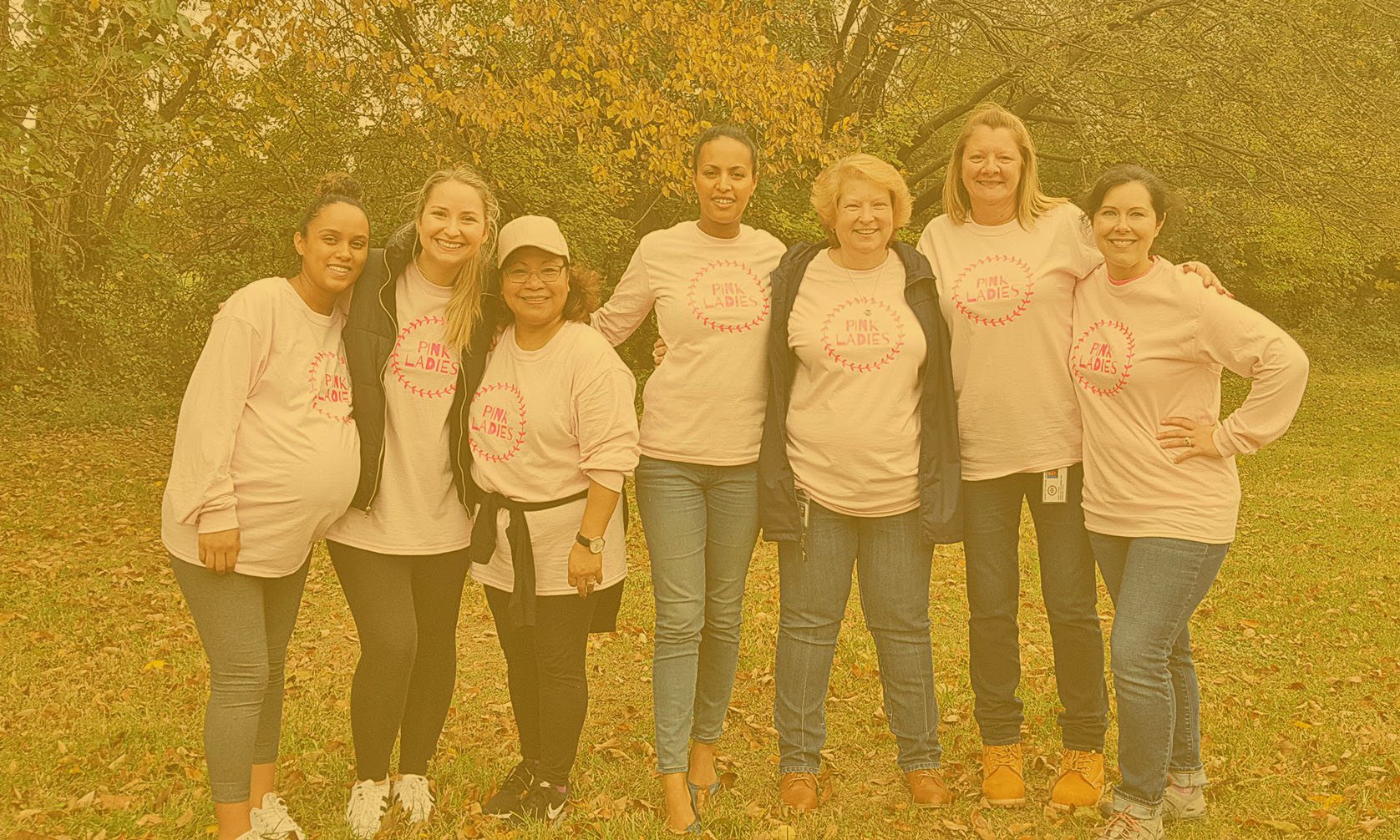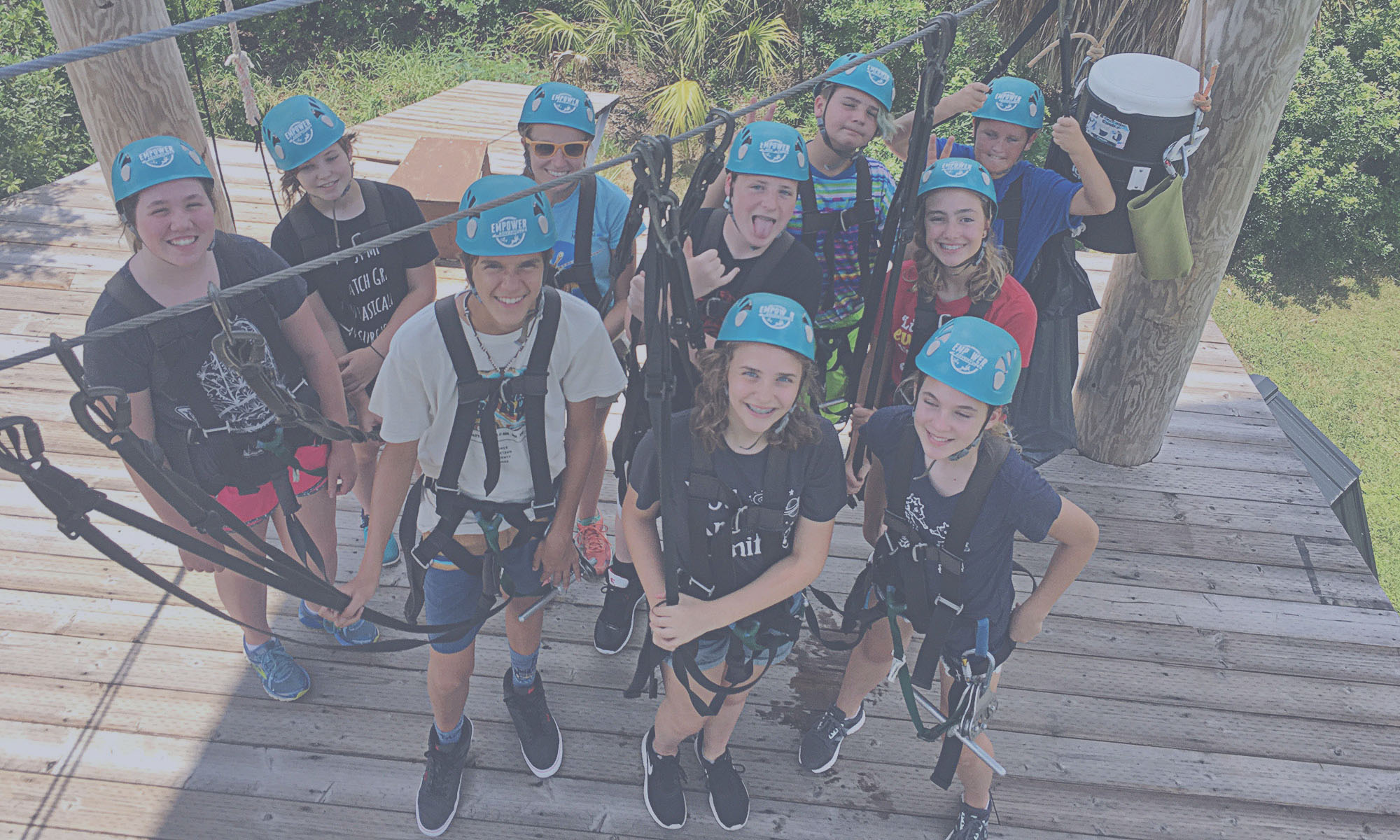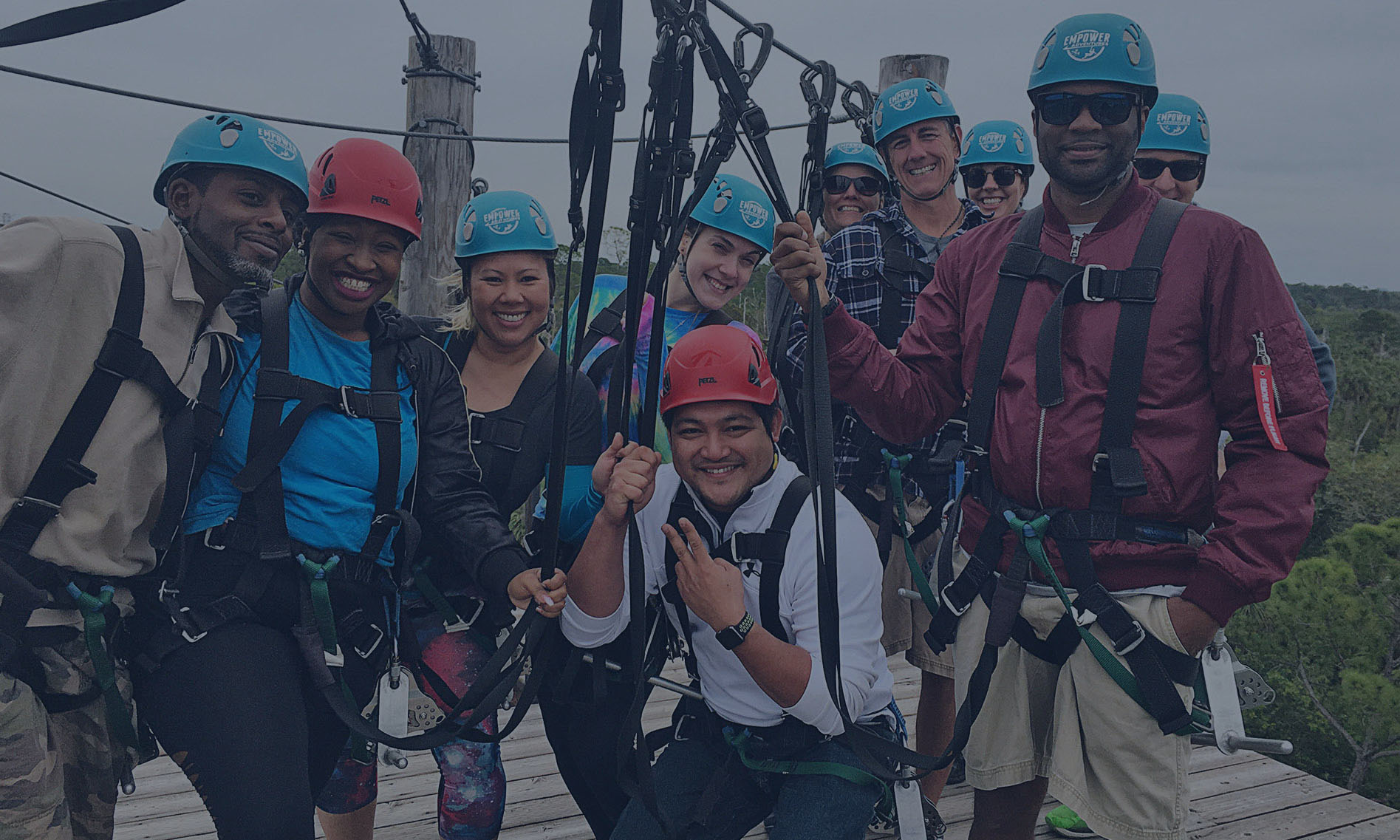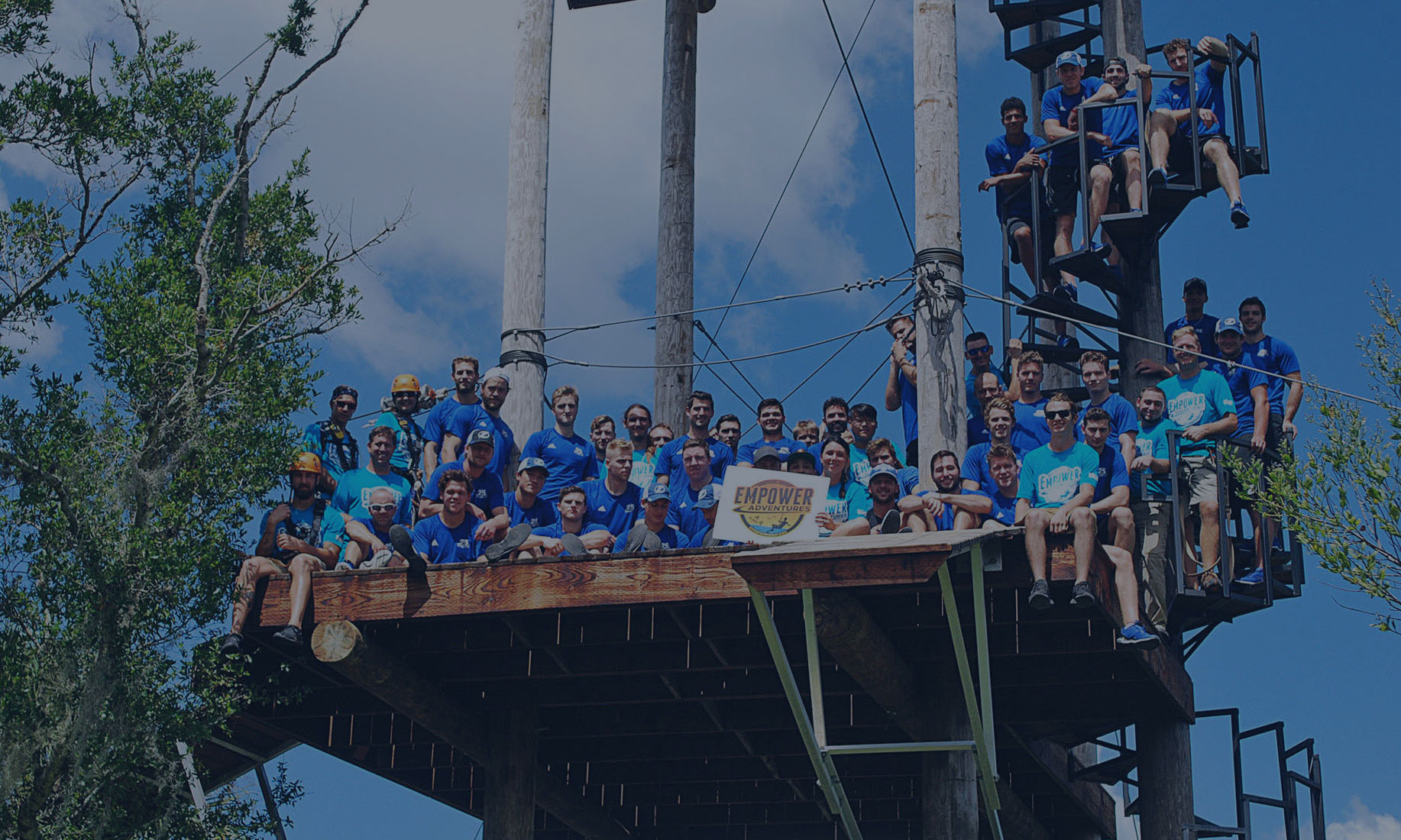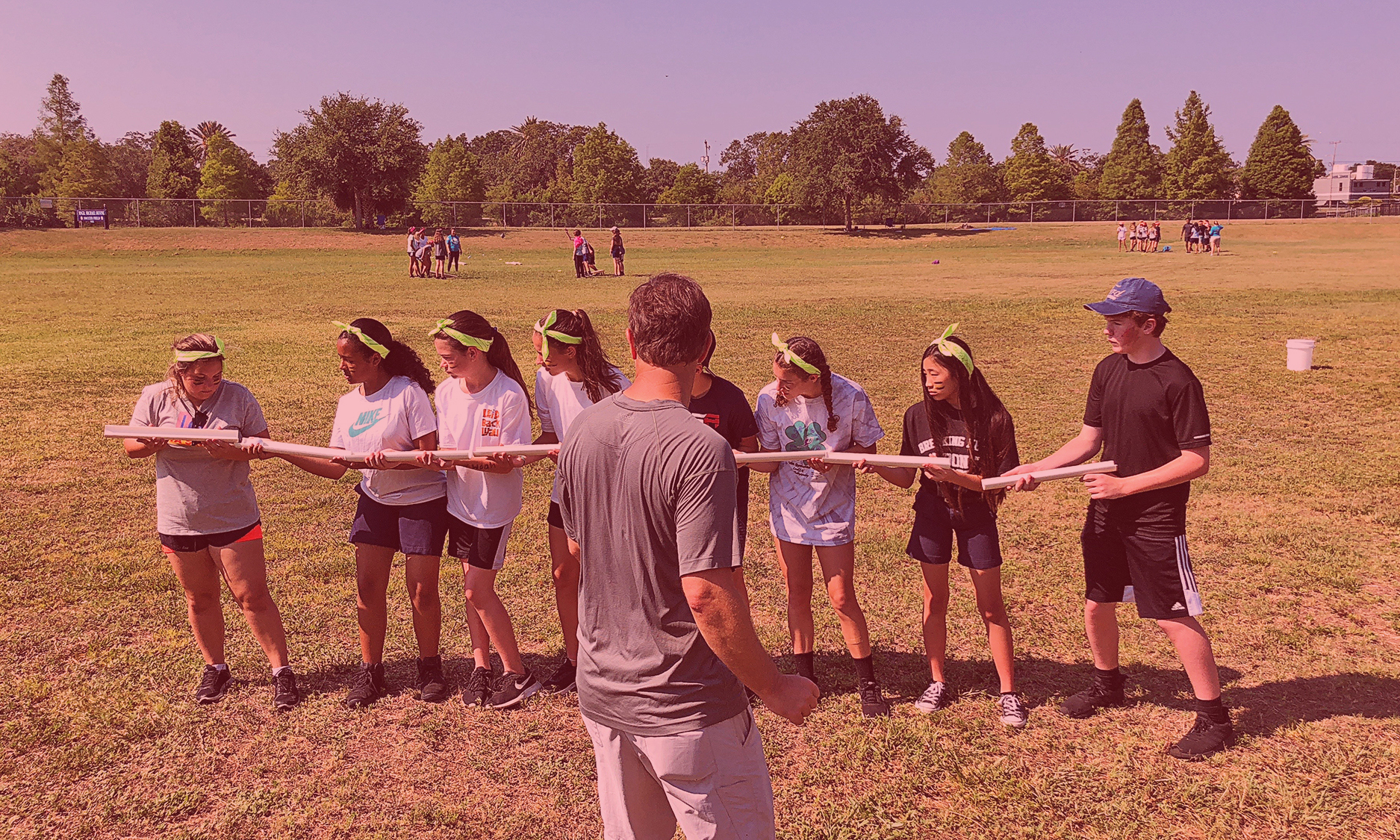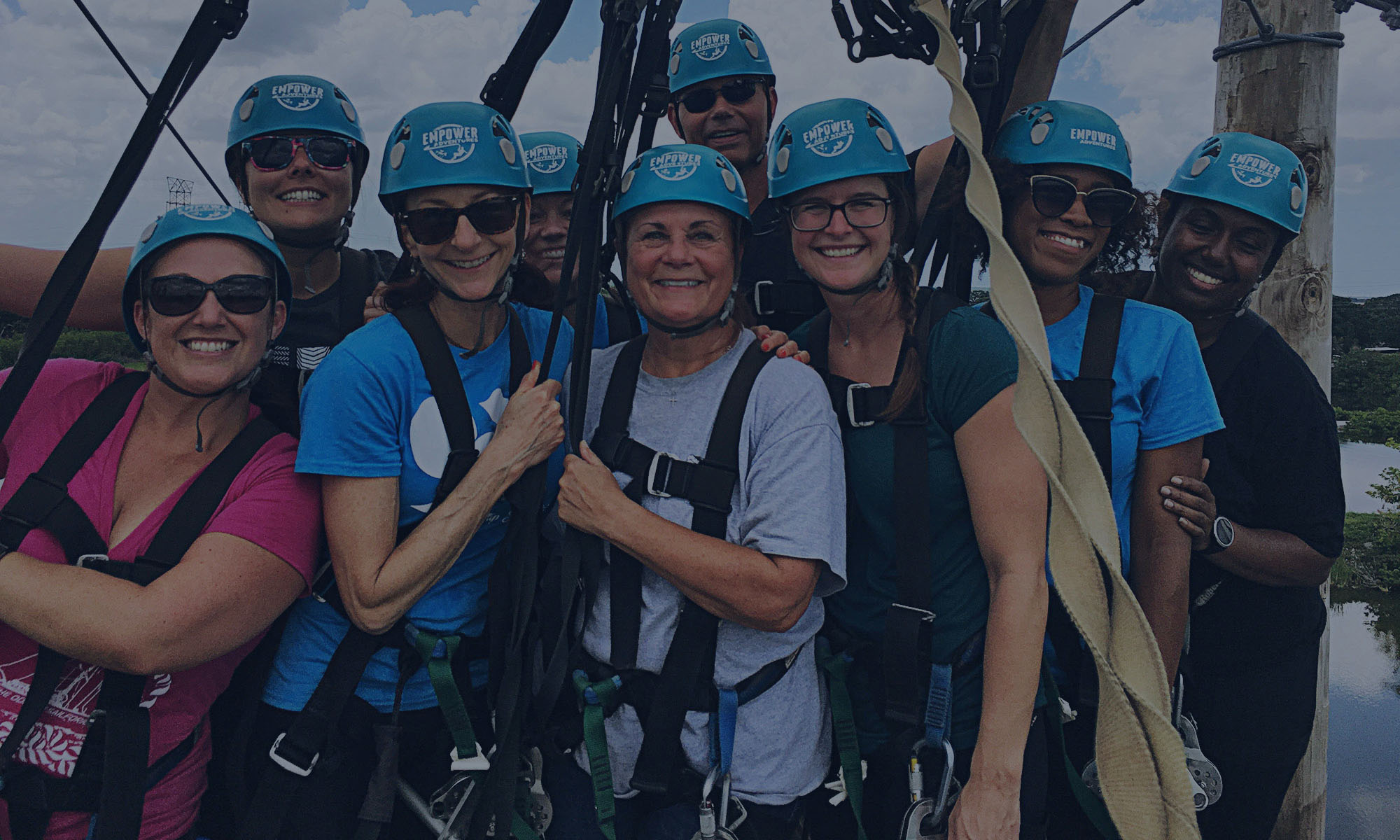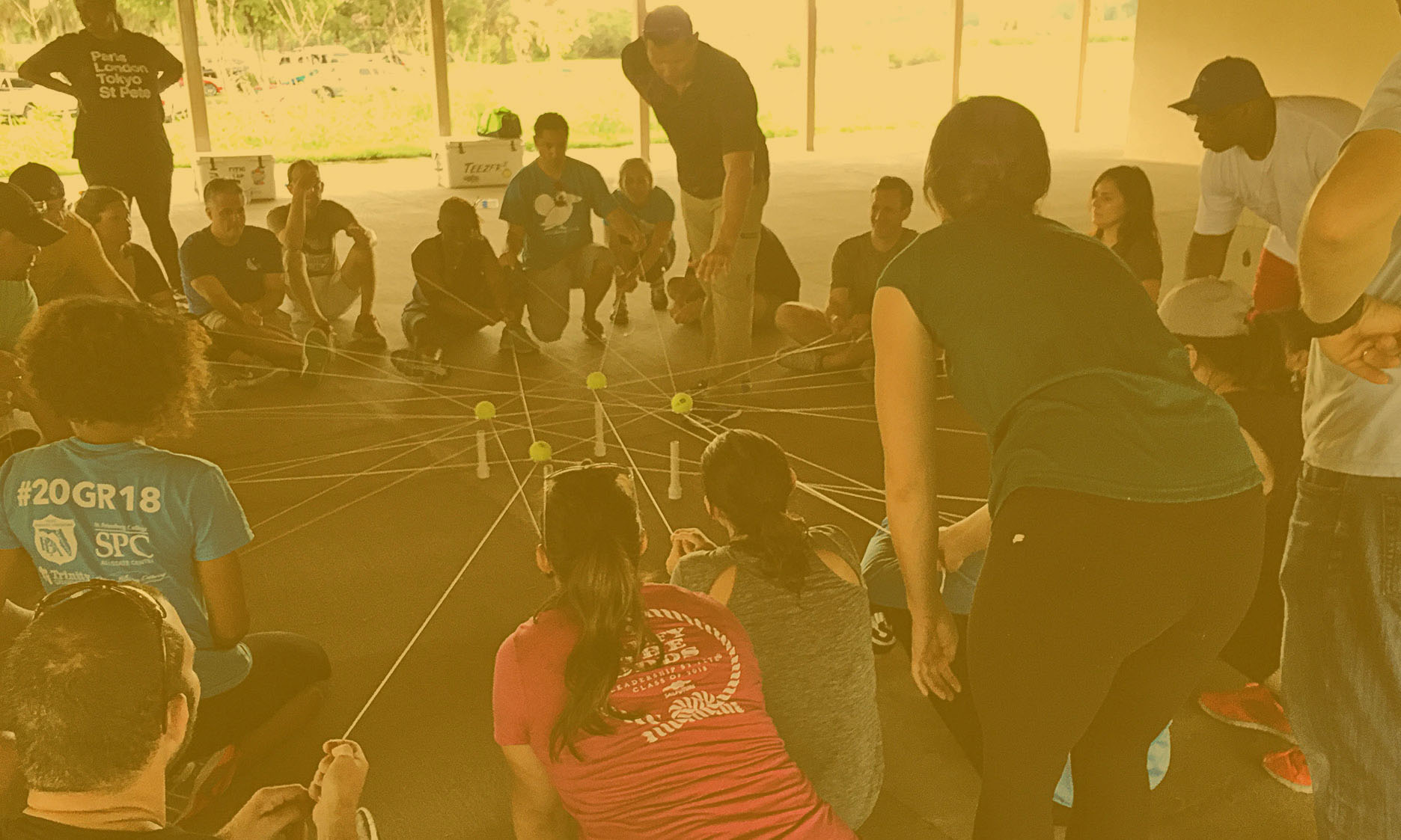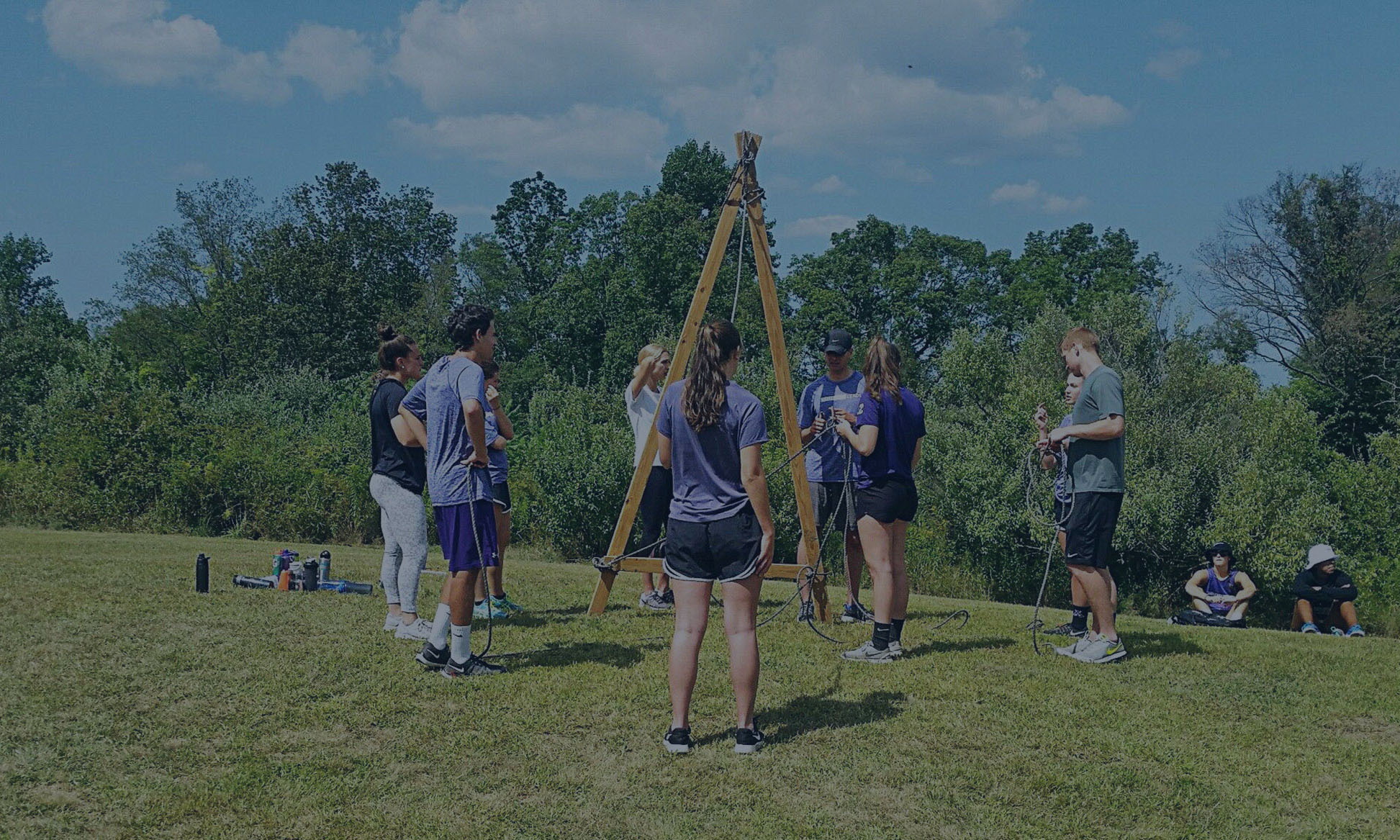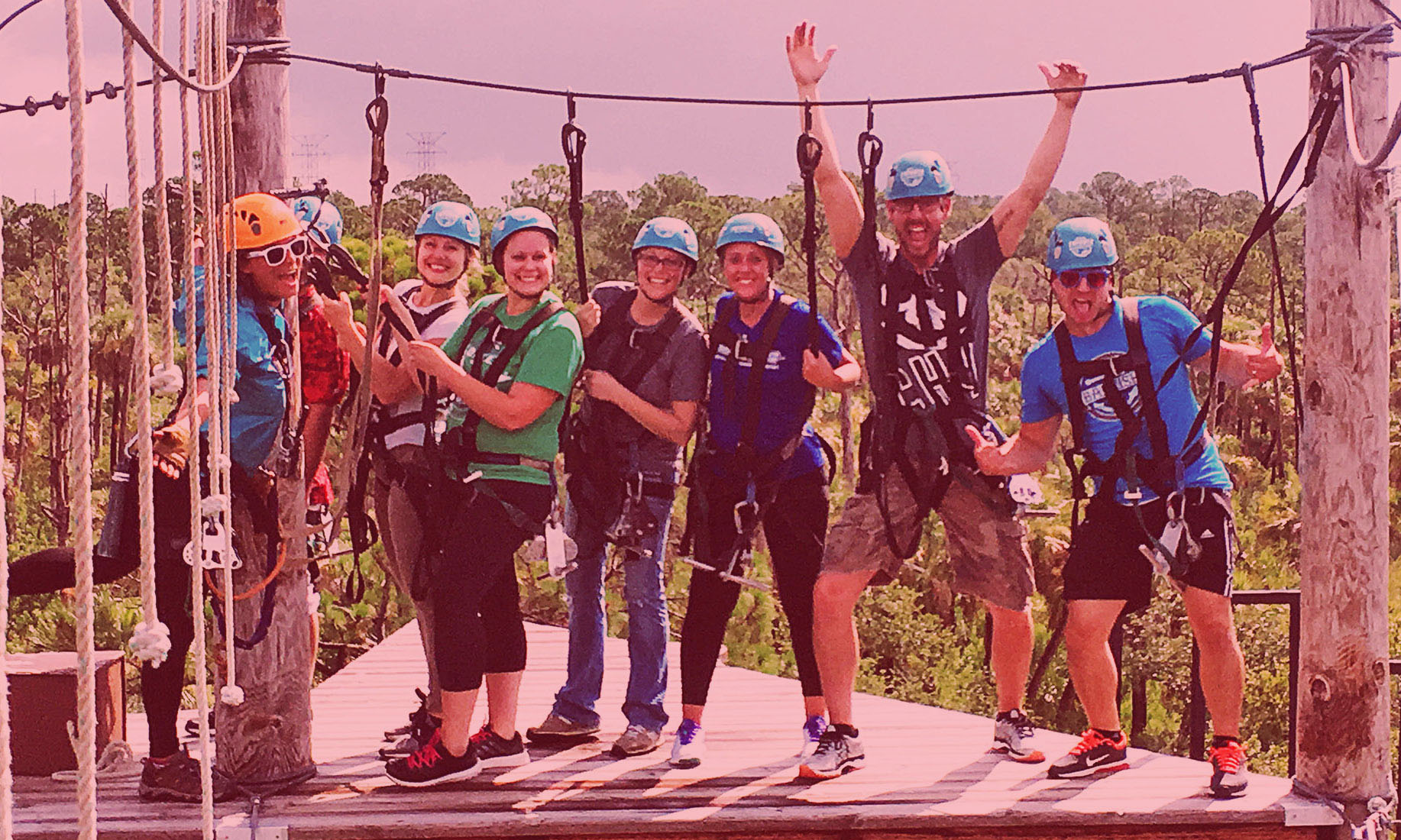Why You Should Break Out of Your Comfort Zone
For the past ten years at Empower, we have asked our guests to get outside of their comfort zones. Whether it be on a zip line course, tree climbing, rappelling off a tower, taking on the Leap of Faith, or balancing on a standup paddle board, we believe that these adventures can help people. Why adventure?
#1. Pushing yourself to do things that you are unfamiliar or uncomfortable with will help you become the best version of yourself. Simply, your comfort zone is a psychological space where your thoughts and behaviors fit inside a routine and this pattern minimizes stress and risk. This “safe place” equates to happiness in that you have limited risk and reduced uncertainty which eliminates stress and increases comfort. Unfortunately this level of comfort will only result in a minimal but steady level of performance (as outlined in a 1908 study by psychologists Yerks and Dodson). However for us to maximize our performance and push ourselves to get to the next level we must be willing to take on an increased level of anxiety. Afterall, new activities and new behaviors will create uncertainty which will create increased stress. The idea of relative anxiety has been supported by numerous studies and we know that when we challenge ourselves we have a good chance of improving.
#2. Finding that “stretch” zone meaning the mental space where you aren’t comfortable but aren’t panicked is optimal. This optimal level of anxiety will help you be more productive. Comfort and productivity do not normally “go” together. Without the anxiety of goals and deadlines, lofty expectations and strict self accountability we get bored and fall into the trap of doing less, faking busy work to stay in our comfort zones and we tend to expect less of ourselves overall. Living in this predictable pattern will prevent you from finding new and innovative ways to work smarter, live adventurously and be the person you want to be.
#3. Get outside of your comfort zone and find the best version of yourself by changing your routine. Start small by going a different way to work or going to a different grocery store. Take on an unpredictable situation and coach yourself through it. Try to view a problem from another person’s perspective and listen to understand rather than to respond. Coach yourself to stay calm and “bear down” in moments of anxiety where you might otherwise panic. Find a different activity to enjoy or travel to a place you wouldn’t normally choose. Don’t overthink – just do.
While these new experiences and your increased ability to coach yourself through challenge and fear are great lessons and experiences that only come by leaving our comfortable patterns we can’t live outside our comfort zones every minute. We must return to a comfortable place to appreciate all that we’ve accomplished and to find time to relax. It is in this down time where we can really learn from those moments of optimal anxiety and then be able to bring that energy and inspiration back when they are needed the most.




